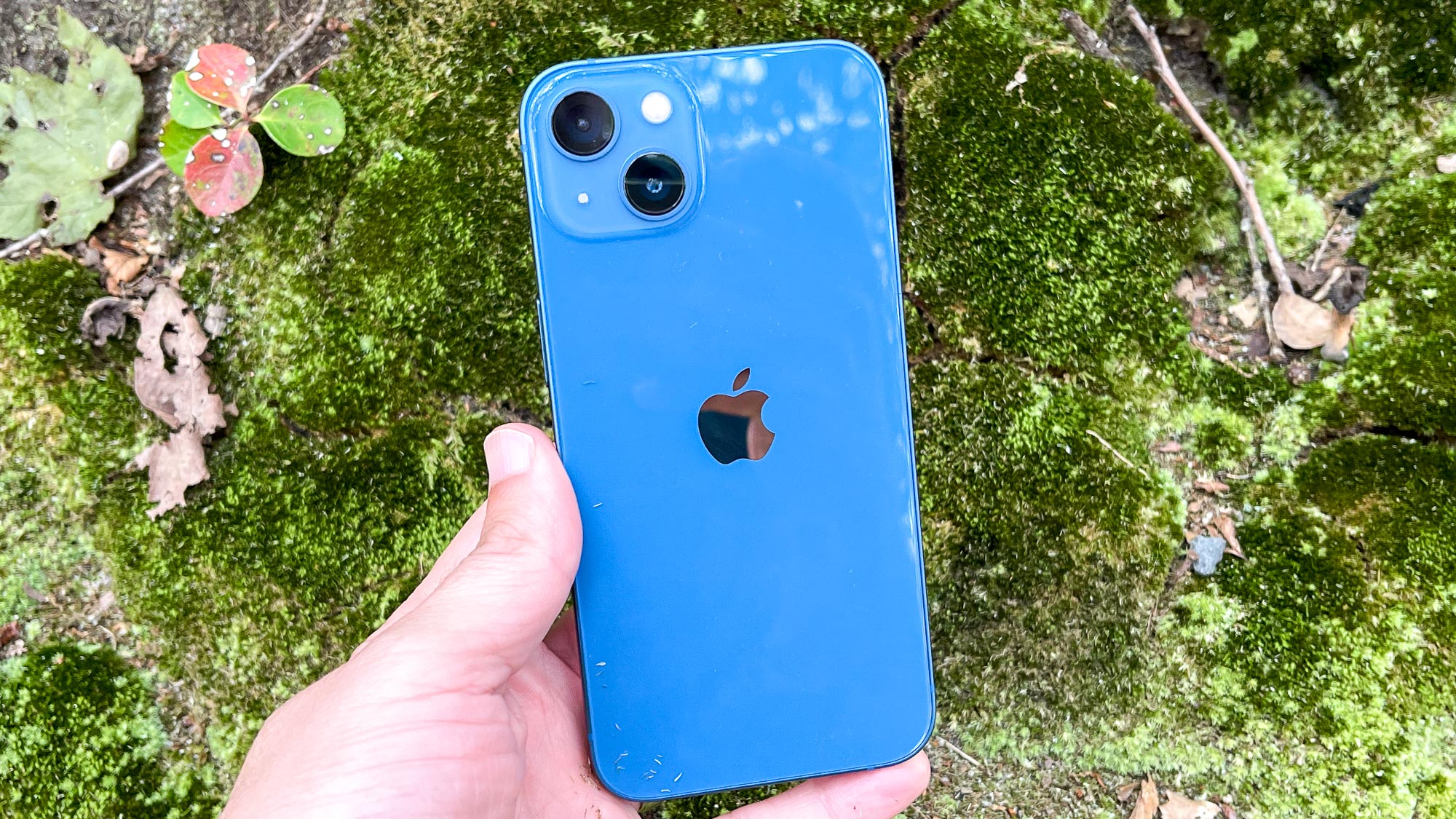iPhone 13 orders have annoying delays — but Apple is working on it
Apple wants you to buy an iPhone 13 as much as you do

Here at Tom’s Guide our expert editors are committed to bringing you the best news, reviews and guides to help you stay informed and ahead of the curve!
You are now subscribed
Your newsletter sign-up was successful
Want to add more newsletters?

Daily (Mon-Sun)
Tom's Guide Daily
Sign up to get the latest updates on all of your favorite content! From cutting-edge tech news and the hottest streaming buzz to unbeatable deals on the best products and in-depth reviews, we’ve got you covered.

Weekly on Thursday
Tom's AI Guide
Be AI savvy with your weekly newsletter summing up all the biggest AI news you need to know. Plus, analysis from our AI editor and tips on how to use the latest AI tools!

Weekly on Friday
Tom's iGuide
Unlock the vast world of Apple news straight to your inbox. With coverage on everything from exciting product launches to essential software updates, this is your go-to source for the latest updates on all the best Apple content.

Weekly on Monday
Tom's Streaming Guide
Our weekly newsletter is expertly crafted to immerse you in the world of streaming. Stay updated on the latest releases and our top recommendations across your favorite streaming platforms.
Join the club
Get full access to premium articles, exclusive features and a growing list of member rewards.
To address the high demand but short supply of the new iPhone 13 models, Apple CEO Tim Cook said the company is “working feverishly” to boost the availability of its latest phones.
Supply chain issues related to the global chip shortage have affected almost every sector of the tech industry to varying degrees — Apple included, to the extent that reports previously claimed Apple has had to cut iPhone 13 production by 11%, from 90 million phones to 80 million. Considering Apple had been riding out the chip shortage fairly well, thanks to its strong buying power, and control over a diverse supply chain, it shows just how bad the shortages really are.
- iPhone 13 review: The best iPhone for most people
- iPhone 13 problems: All the issues reported so far
- Plus: Apple: Expect shipping delays to continue this holiday season
iPhone 13 demand isn’t so high that supply can’t even hope to keep up, meaning people aren't experiencing the same extreme issues as those looking for success in the next PS5 restock.
But the iPhone 13 still sold out pretty much instantly on the day pre-orders opened. Initial demand was pretty strong and some people, including some Tom’s Guide staff members, struggled to get their order in thanks to the Apple website struggling with the influx of traffic.
Things appear to have eased up a little bit, but wait times do seem to depend on which iPhone 13 model you want to buy. The iPhone 13 and iPhone 13 mini models look to have the shortest wait times of a couple of weeks, with some variants even offering same day delivery if you pay a premium. Meanwhile the iPhone 13 Pro and iPhone 13 Pro Max models have late-November delivery estimates.
That’s if you’re shopping from the Tom’s Guide office in New York, and other regions may differ. Those wait times are also likely to increase as demand picks up in the run up to the holidays.
Obviously, Apple wants to be able to sell new iPhones to everyone who wants one, so it would be folly to not do everything it can to try and solve its supply chain issues. Least of all because the situation will cost the company around $6 billion.
Get instant access to breaking news, the hottest reviews, great deals and helpful tips.
Cook didn't detail how Apple will tackle supply constraints, but was seemingly bullish about how Apple will weather the problem, telling CNBC that Apple has “had a very strong performance despite larger than expected supply constraints.”
However those constraints are likely to continue into Q1 2022. But as a trillion-dollar company, Apple has the clout to work on getting its supply chain up to speed to meet iPhone demand. But as it stands, you if you order a new iPhone 13 now, be prepared for a potential wait to get the new phone.
- More: iPhone 13 vs. iPhone 13 Pro: Which should you choose?

Tom is the Tom's Guide's UK Phones Editor, tackling the latest smartphone news and vocally expressing his opinions about upcoming features or changes. It's long way from his days as editor of Gizmodo UK, when pretty much everything was on the table. He’s usually found trying to squeeze another giant Lego set onto the shelf, draining very large cups of coffee, or complaining about how terrible his Smart TV is.
 Club Benefits
Club Benefits










